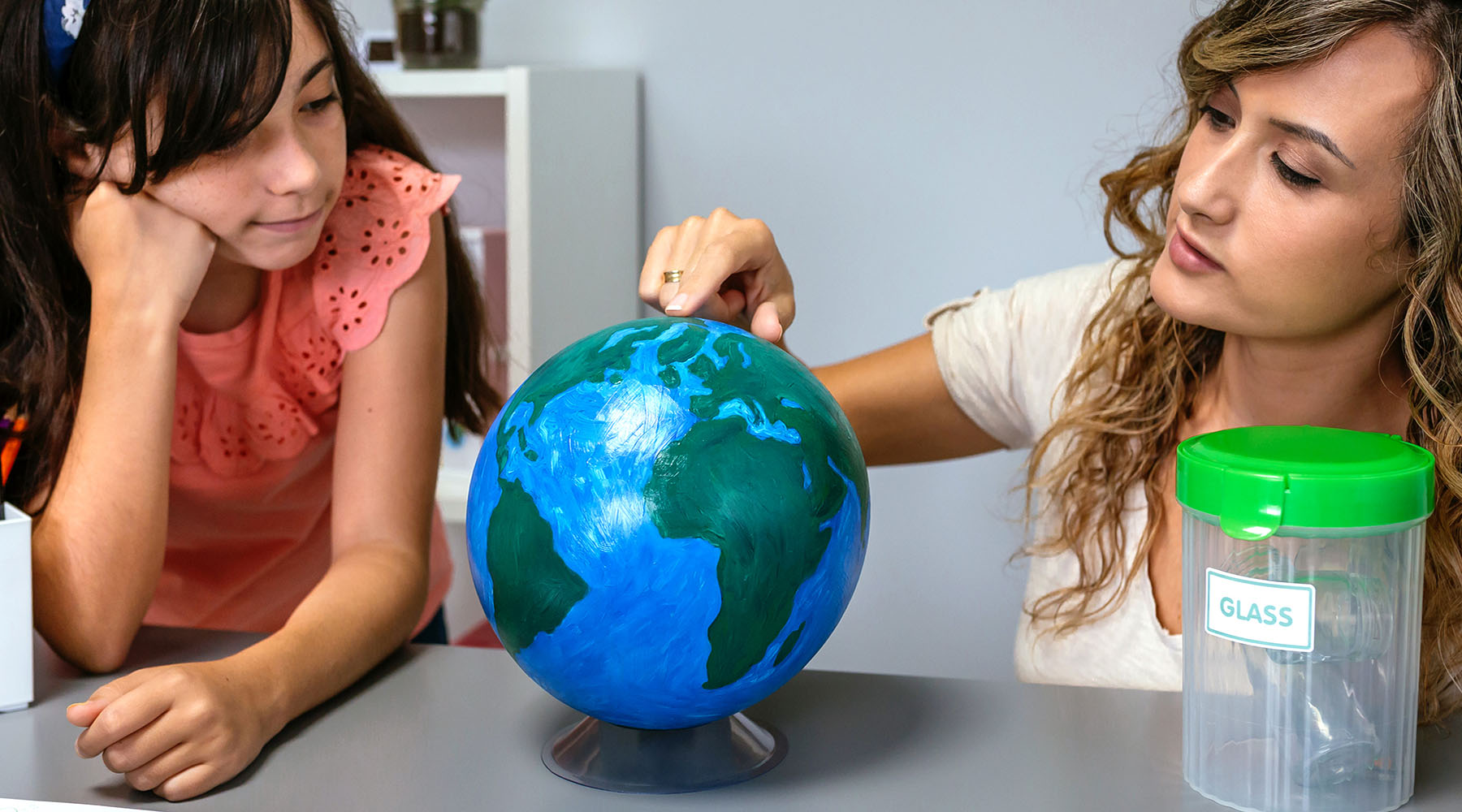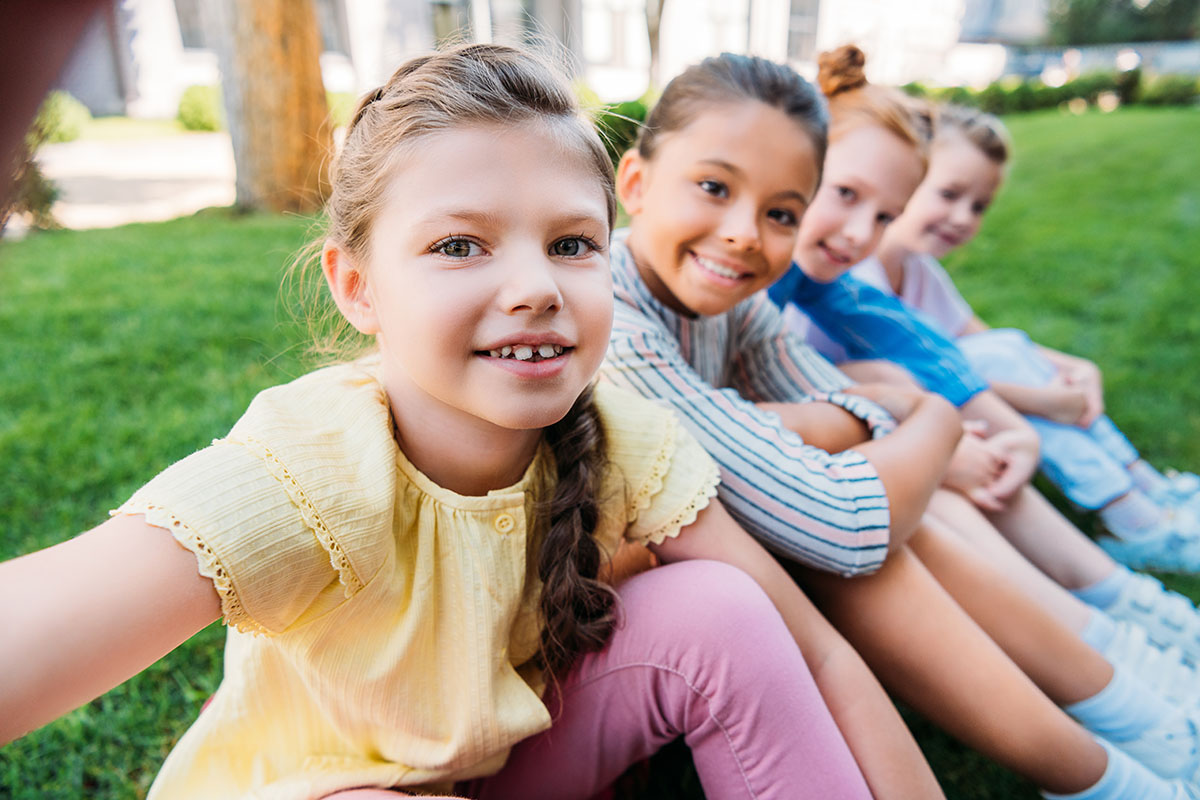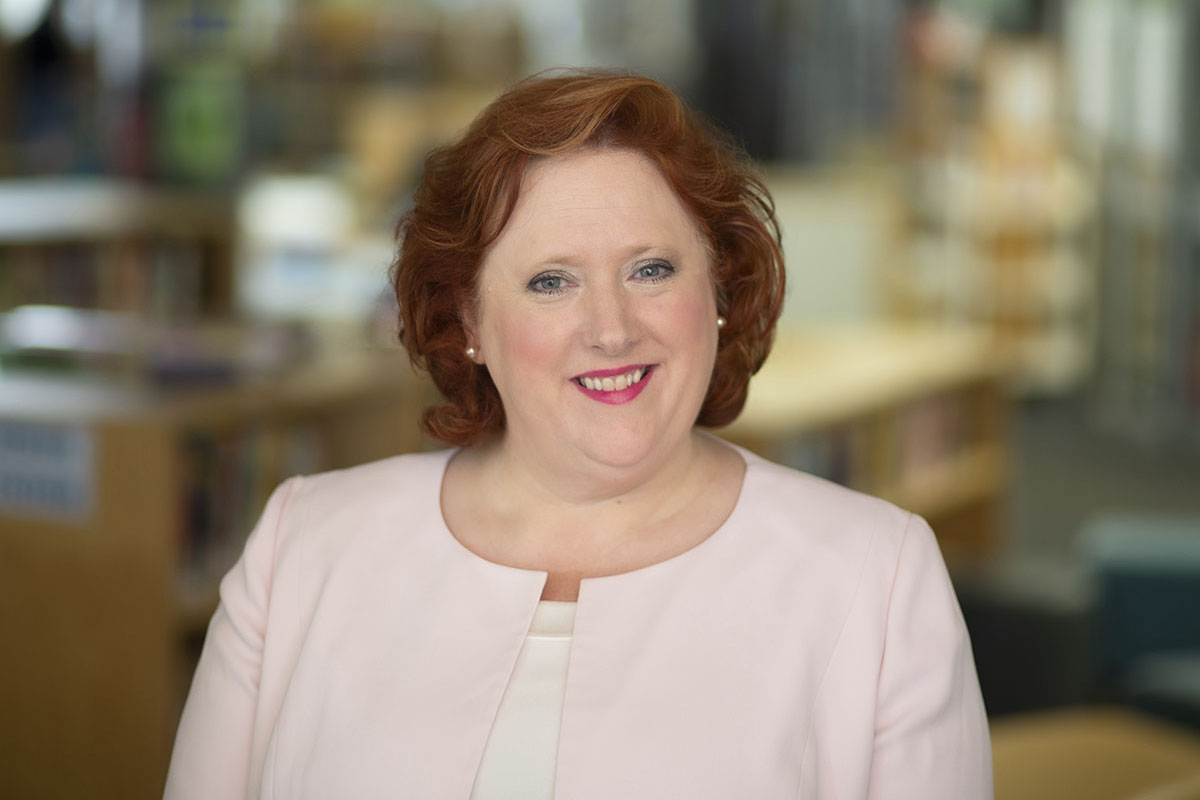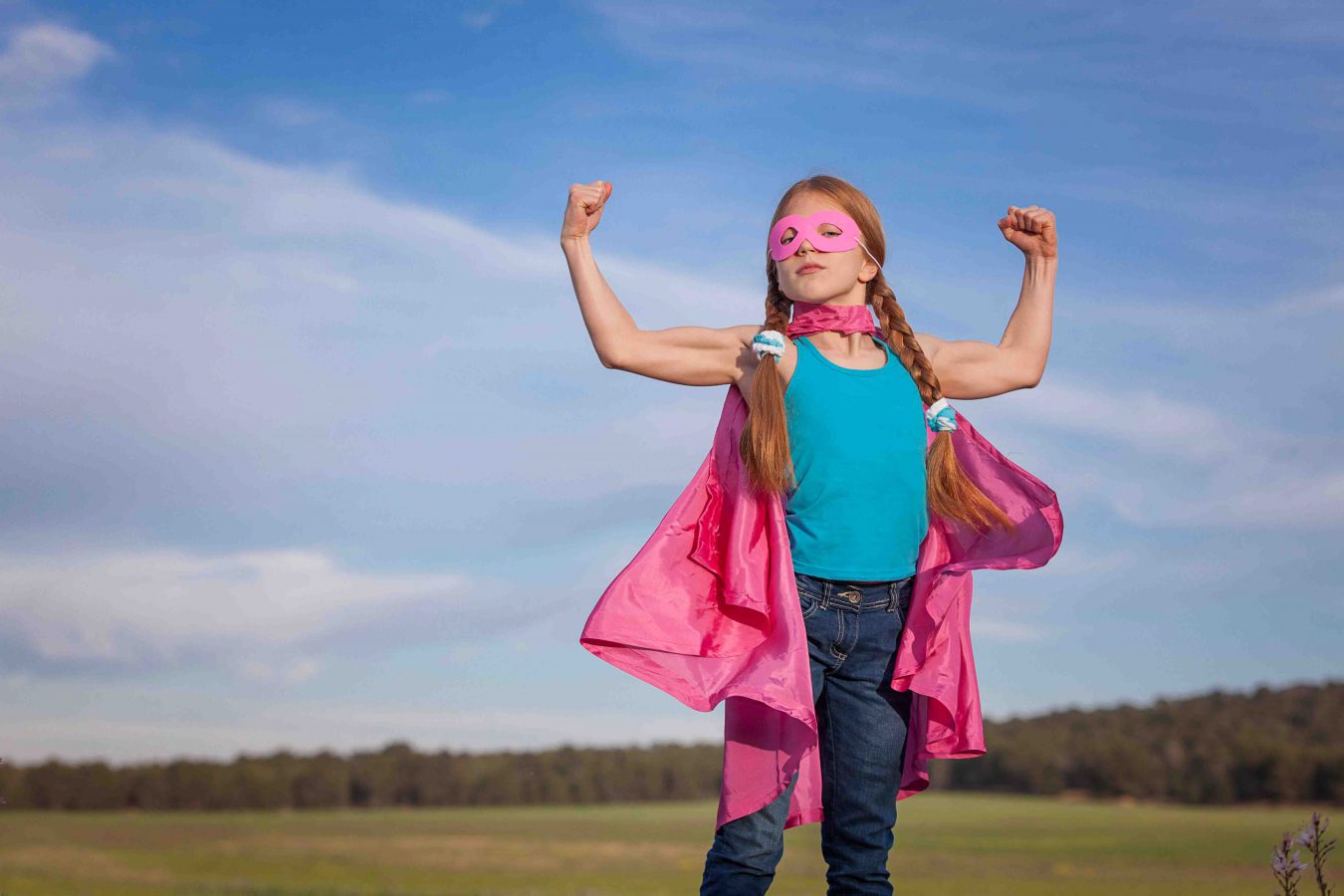
The 2024 International Day of the Girl Child theme calls on us to help girls 'realise their vision for the future'. That means helping them to embrace their aspirations and pursue their ambitions, says Strathcona Girls Grammar Principal Lorna Beegan.
The United Nations International Day of the Girl Child invites us to reflect on ‘Girls’ Vision for the Future’ and the urgent action needed to nurture persistent hope. This hope—embedded in the belief that determination and collective action can drive meaningful change—requires us all to ask a number of critical questions: What kind of world do we want to help shape together? How can we ensure future generations are empowered to build on what we create today?
Yearning for 'precedented times'
As a Principal at a girls school, through my daily interactions with young women I witness how their remarkable blend of ambition, creativity, and courage is often tested by the complexities of today’s world. I hear many girls express a hesitancy that reflects the challenges they face, revealing a struggle to navigate their ambitions amidst a rapidly changing environment.
Recently, a young woman shared with me her aspiration to live in ‘precedented times’. This took me by surprise, but a girl who undertook Year 12 in 2020—in the full throes of COVID— probably does yearn for a world with some certainty and predictability. Change is all she’s heard about and known after all, and I am sure many young people who navigated school through the pandemic share this sentiment.
Promises of ‘we are all in this together’ soon faded into nothing more than an empty catchcry as young people found themselves increasingly alone and vulnerable, with statistics revealing that young women have been disproportionately affected.

Encouraging persistent hope
Girls will continue to have bold dreams and ambitions for their future, but there are now new hurdles that threaten to hold them back. Everything is much more loaded and complicated now, especially the nuance of language.
When I look at how social media alone has made things more complex for young people—for example with cyberbullying, the promotion of unrealistic body image, sexual harassment, and so on—the challenges young people navigate today are so vastly different to those I faced when at school. And I sense girls have become more unsure and anxious because of this, constantly comparing themselves to often unrealistic and non-existent standards. The overwhelming influx of opinions and judgement leads to a growing sense of insecurity, and self-doubt so girls become hesitant to be their authentic selves out of fear of what their peers may think.
This is why encouraging persistent hope in young people, especially girls, is so vital. Persistent hope means being steadfast, not giving up, and believing that things can (and will) get better. It is not passive optimism; it takes determination, courage, conviction, resilience, and action—both individually and as a collective.
To encourage girls to carry the torch of hope, we must ensure they continue to dream, challenge, create, and know they can transform our world. We must listen to them and encourage them to use their voice—with the understanding that they can make a difference and they do not need to do things alone.
Giving young women the space to grow and lead
As educators, creating spaces and environments conducive to collective flourishing, where girls are encouraged to share their ambitions and celebrate their identities without fear, is critical for personal growth and development. By nurturing environments that celebrate vulnerability and resilience, we encourage young women to embrace their vision of the future, equipping them to become leaders and changemakers.
Listening to their voices and amplifying their dreams ensures they feel supported as they carve their paths forward. In my experience, this fosters a culture of informed risk-taking—an essential life skill that enables young people to test, fail, recover, and learn.
We do not expect our young people to have everything figured out; who has? We must give our young people the grace and opportunity to work things out. Empowering young women through leadership opportunities cultivates confidence and an awareness of their own standing and impact on the world.
Connections formed between and across generations of women can help them recognise the multitude of pathways available and challenge traditional definitions of success, fulfilment, and purpose. This exposure is invaluable in showing our young women the vast possibilities ahead, even when the landscape feels uncertain, shaped by pervasive barriers and the relentless pace of change.

Embracing our girls' aspirations and empowering them for tomorrow
Above all, schools need to provide spaces where girls feel they belong and feel safe to express themselves, their ambitions, their identities and take informed risks. Education must also evolve to align with the aspirations of today’s girls. Celebrating diverse opportunities and ensuring curricula reflect their realities and interests is crucial. We must recognise the various avenues students can pursue to make positive and varied contributions to society.
Empowerment and agency are pivotal if societal systematic change is to occur. Each generation must rise to meet the unique challenges of their time, and our girls today need to know they can actively shape their world by questioning old assumptions and creating new pathways forward. I believe girls need to be afforded the opportunities to rewrite definitions of competition, what success looks like, and what it means to be strong.
A more equitable and just future cannot happen in isolation—all genders need to be part of the conversation. By inviting an inclusive dialogue, we can strive to create a society where every individual feels empowered to contribute to a world filled with persistent hope and one built on respect, empathy, and shared progress—now, that would be unprecedented.
About the author
Ms Lorna Beegan is the Principal of Strathcona Girls Grammar.
Stay up to date with our newsletter here


